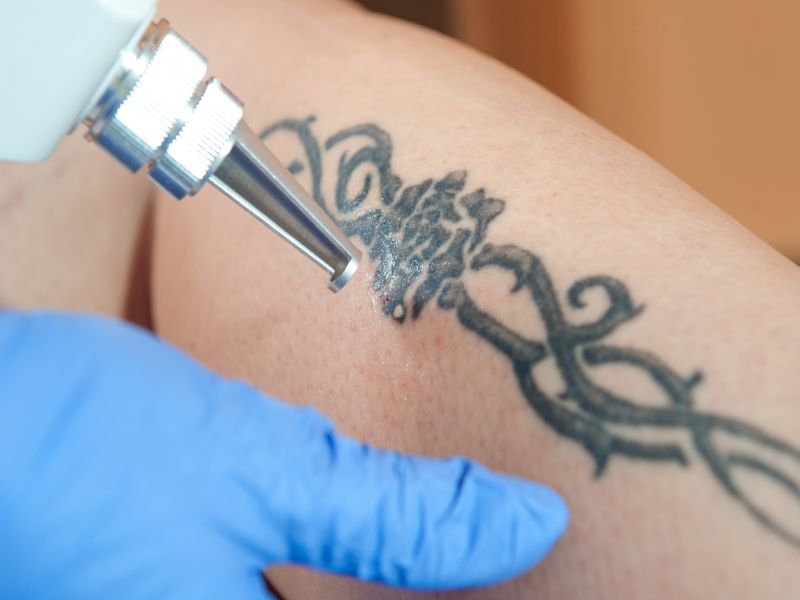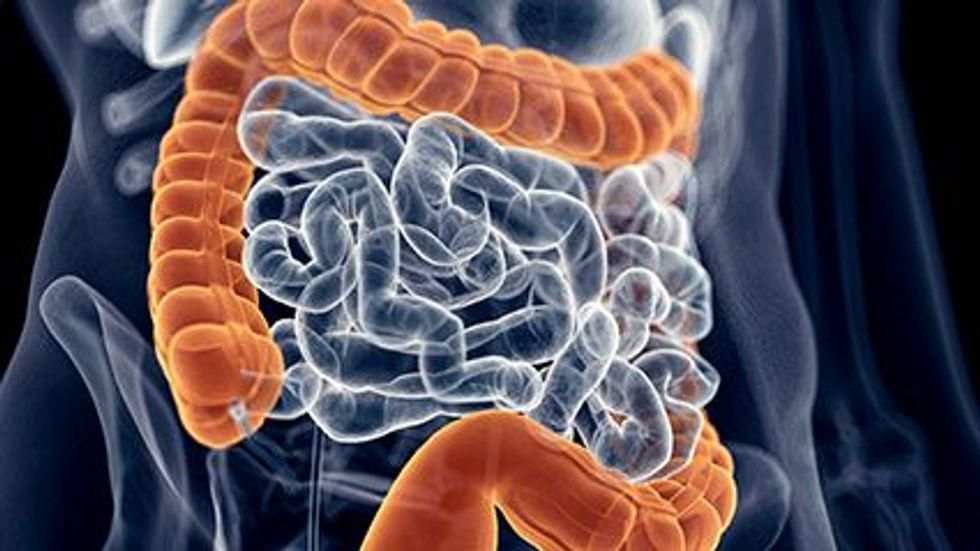
Vaginal “seeding” may be a safe way to transfer mom’s beneficial bacteria to C-section babies — and it might help them hit some early milestones a bit sooner, a small clinical trial suggests. Experts stressed that the findings are early, and it remains to be seen how vaginal seeding — swabbing newborns with moms’ vaginal… read on > read on >


















